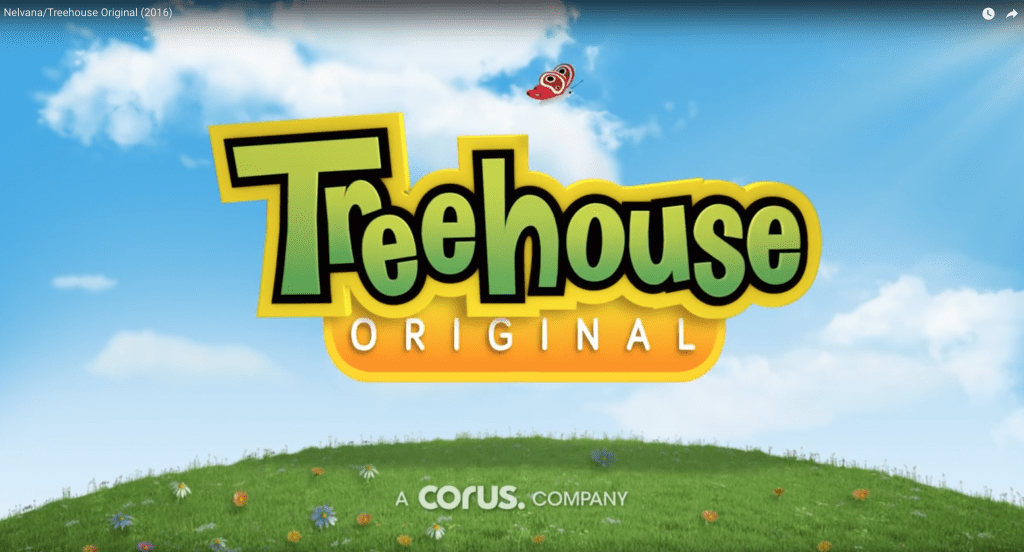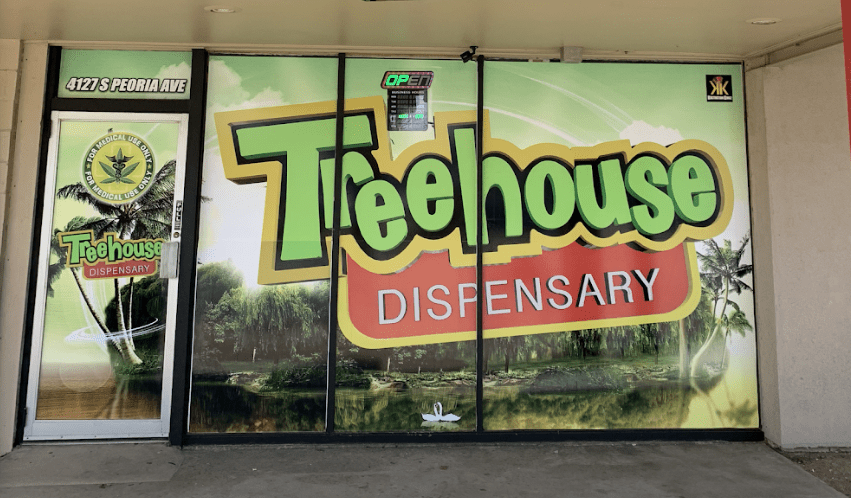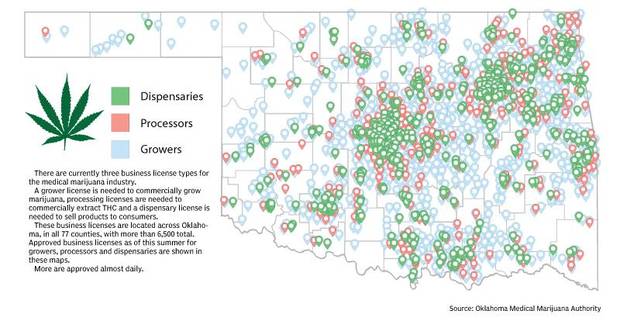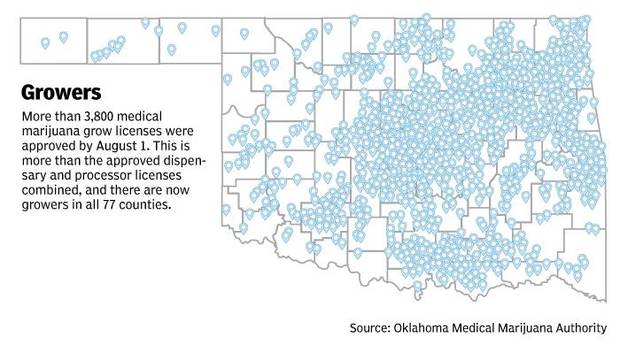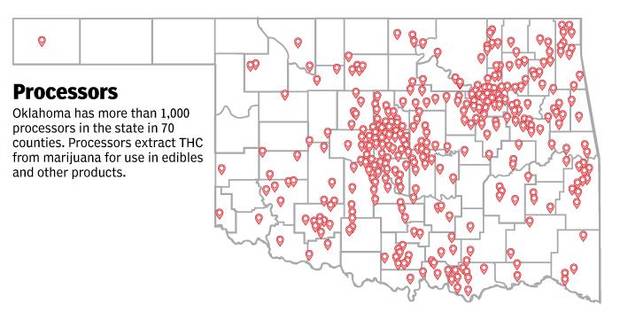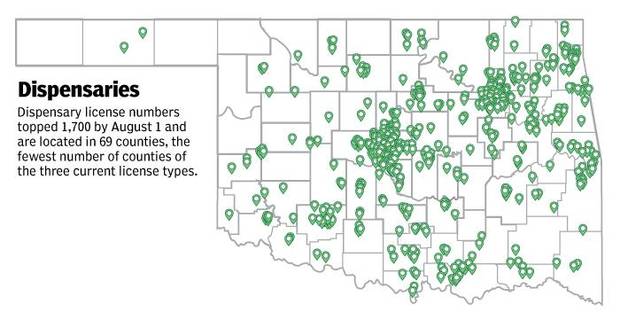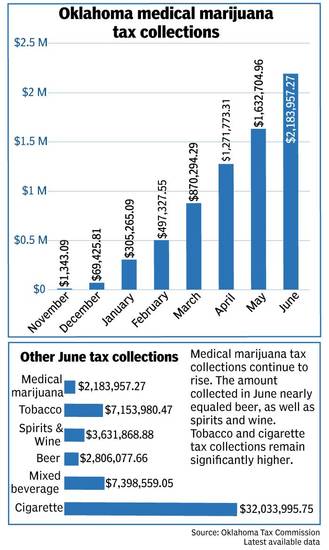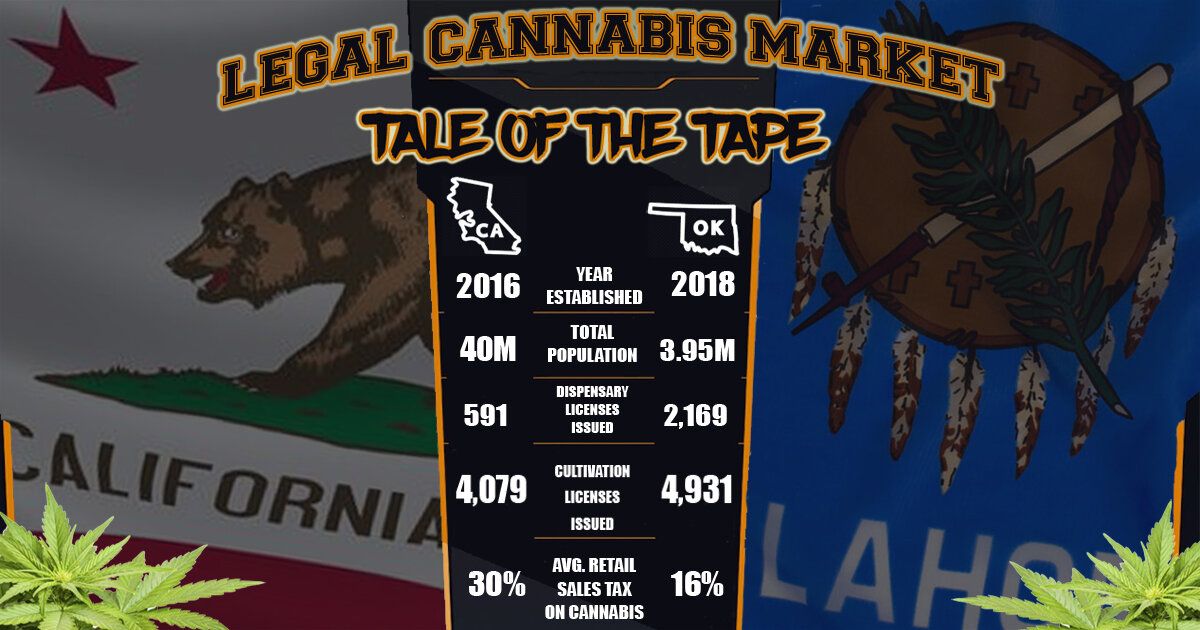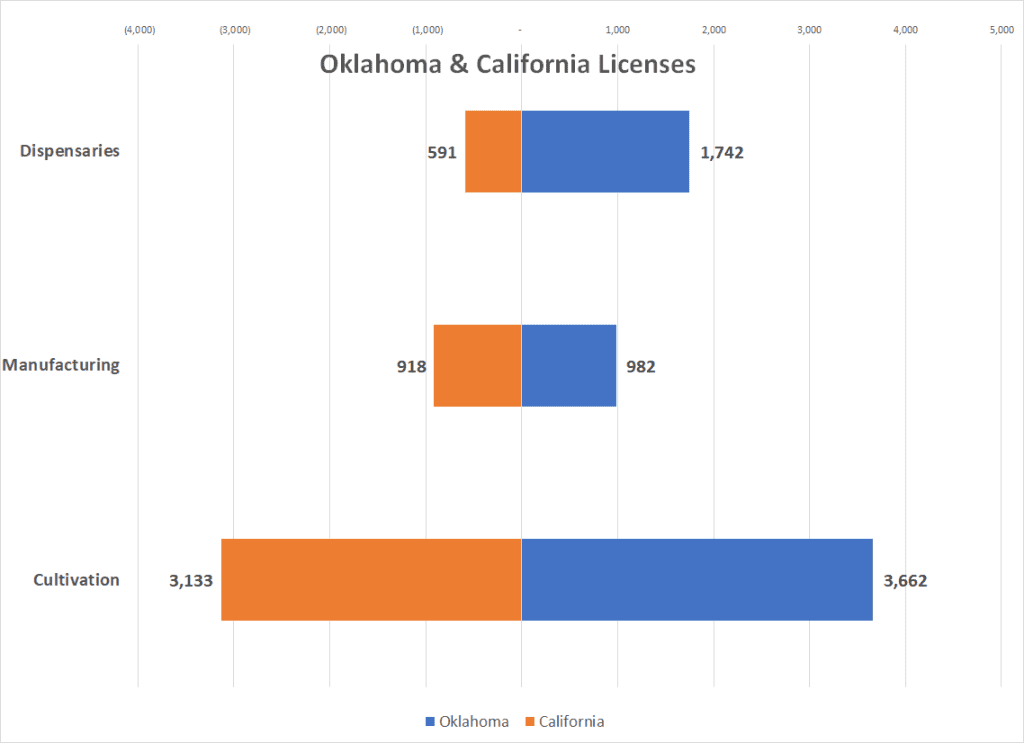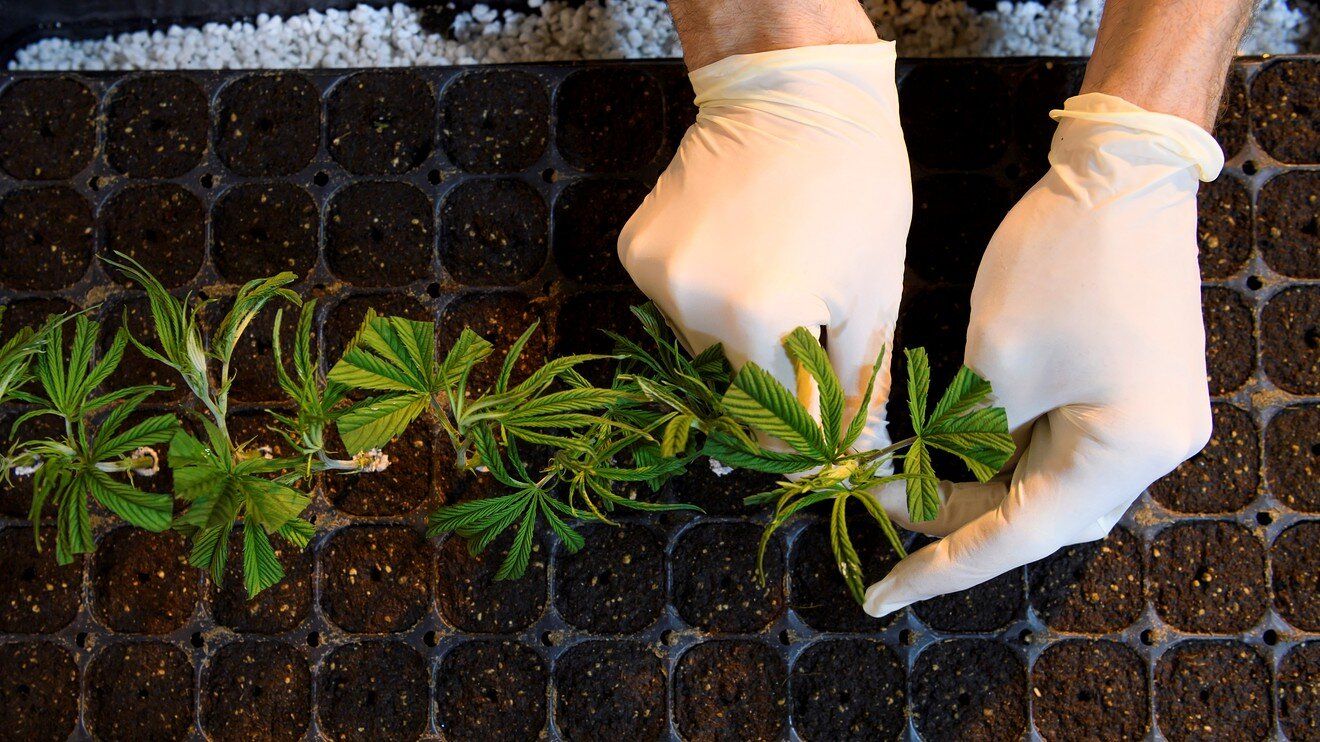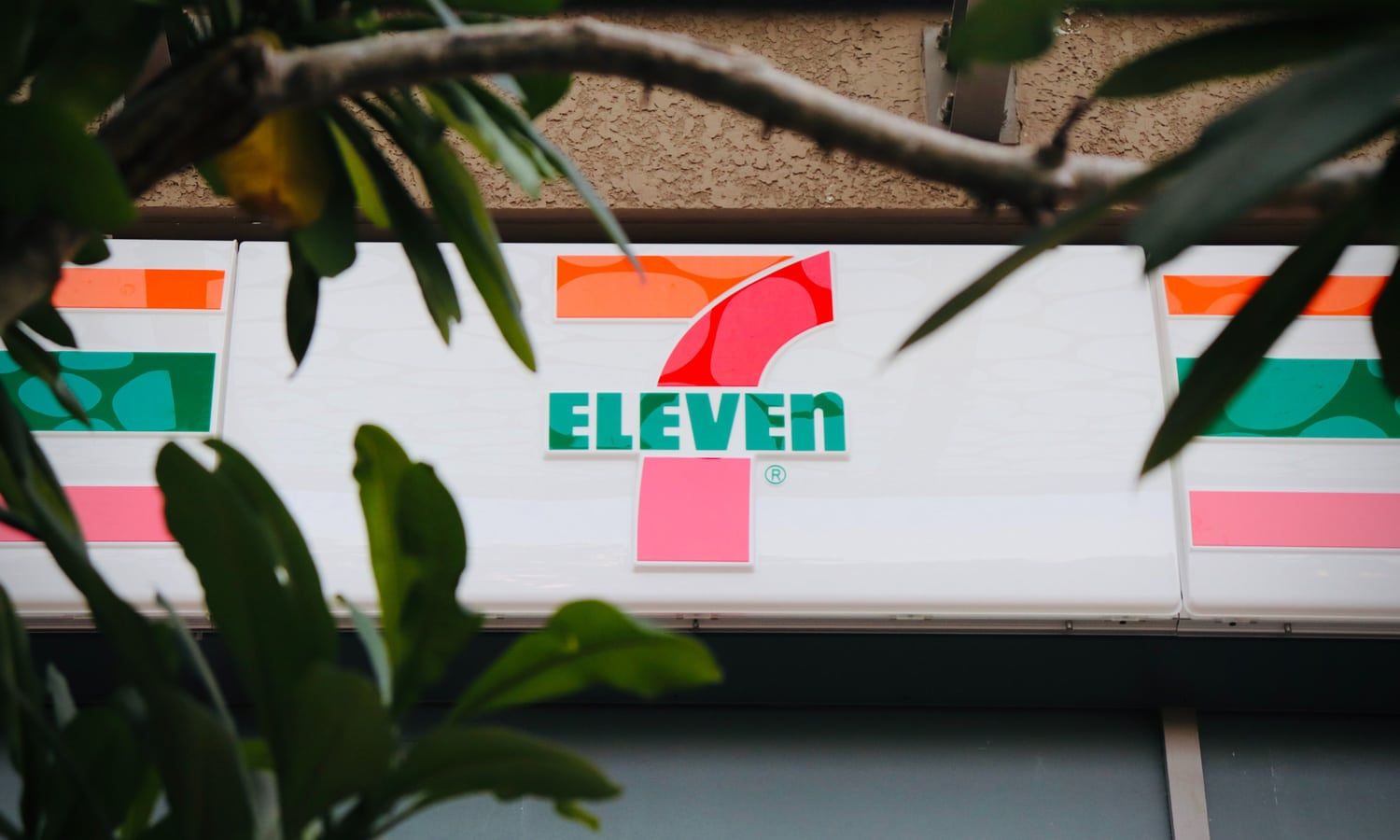Baron23
Well-Known Member
Wow....who knew? Must have been some very pent up demand in OK! haha
I used to travel often to Tulsa to meet with a customer...Williams Telco....and always had the impression of OK being a very conservative state...especially wrt to blue laws, vice laws...whatever you want to call it.
But, apparently I have mistaken libertarianism for being simple conservative. OK med program has exploded. With half of the population of MD, and starting well after MD, they have a 1/3 more registered patients than we do here. Outstanding and as far as I can tell OK government moved out quickly and has a good program in place with options for patients.
Oklahoma medical marijuana program’s stunning statistics
Oklahoma’s medical cannabis program continues to grow in leaps and bounds, with a staggering number of the state’s residents now registered.
The Oklahoma Medical Marijuana Authority (OMMA) recently published the following updated statistics, current as at July 1.
Given Oklahoma’s population of an estimated 3,948,950, this means around 3.7% of all residents in the state have been approved for the program.
Driving this uptake are a relatively simple registration and review process and the fact the state doesn’t have the very restrictive qualifying conditions some other states have. Doctors can recommend medical marijuana for patients in any instance where they believe it will be useful in treating or managing a condition.
A wide range of products are permitted in Oklahoma; although smokable, vaporized, vapable and e-cigarette products used by a registered patient are subject to the same restrictions for tobacco in the state.
Single purchases are limited to three ounces of usable marijuana, one ounce of marijuana concentrate, seventy-two ounces of medical marijuana products, six mature plants, and/or six seedlings.
The program has been providing a nice boost for state coffers; close to $10.7 million dollars to June. There is a 7% tax on retail medical marijuana sales by a dispensary, the proceeds of which must be remitted to the Oklahoma Tax Commission each month – so it’s a very regular source of revenue.
Further information on Oklahoma’s program can be found on the OMMA web site.
I used to travel often to Tulsa to meet with a customer...Williams Telco....and always had the impression of OK being a very conservative state...especially wrt to blue laws, vice laws...whatever you want to call it.
But, apparently I have mistaken libertarianism for being simple conservative. OK med program has exploded. With half of the population of MD, and starting well after MD, they have a 1/3 more registered patients than we do here. Outstanding and as far as I can tell OK government moved out quickly and has a good program in place with options for patients.
Oklahoma medical marijuana program’s stunning statistics
Oklahoma’s medical cannabis program continues to grow in leaps and bounds, with a staggering number of the state’s residents now registered.
The Oklahoma Medical Marijuana Authority (OMMA) recently published the following updated statistics, current as at July 1.
- 151,479 patient applications received. 146,381 approved.
- 1,223 caregiver applications received. 958 approved.
- 6,118 business applications received. 3,397 grower, 905 processor and 1,605 dispensary licenses approved.
Given Oklahoma’s population of an estimated 3,948,950, this means around 3.7% of all residents in the state have been approved for the program.
Driving this uptake are a relatively simple registration and review process and the fact the state doesn’t have the very restrictive qualifying conditions some other states have. Doctors can recommend medical marijuana for patients in any instance where they believe it will be useful in treating or managing a condition.
A wide range of products are permitted in Oklahoma; although smokable, vaporized, vapable and e-cigarette products used by a registered patient are subject to the same restrictions for tobacco in the state.
Single purchases are limited to three ounces of usable marijuana, one ounce of marijuana concentrate, seventy-two ounces of medical marijuana products, six mature plants, and/or six seedlings.
The program has been providing a nice boost for state coffers; close to $10.7 million dollars to June. There is a 7% tax on retail medical marijuana sales by a dispensary, the proceeds of which must be remitted to the Oklahoma Tax Commission each month – so it’s a very regular source of revenue.
Further information on Oklahoma’s program can be found on the OMMA web site.
![This is a defense attorney's photo of the marijuana and cash seized June 4 and returned Thursday after criminal charges were dismissed. [Photo provided] This is a defense attorney's photo of the marijuana and cash seized June 4 and returned Thursday after criminal charges were dismissed. [Photo provided]](/proxy.php?image=https%3A%2F%2Fcdn2.newsok.biz%2Fcache%2Flarge960_blur-1104df5b978a95bb8cb907384bce6e6a.jpg&hash=53927eac84e7fb49d88bf08f46dc2ce7)
